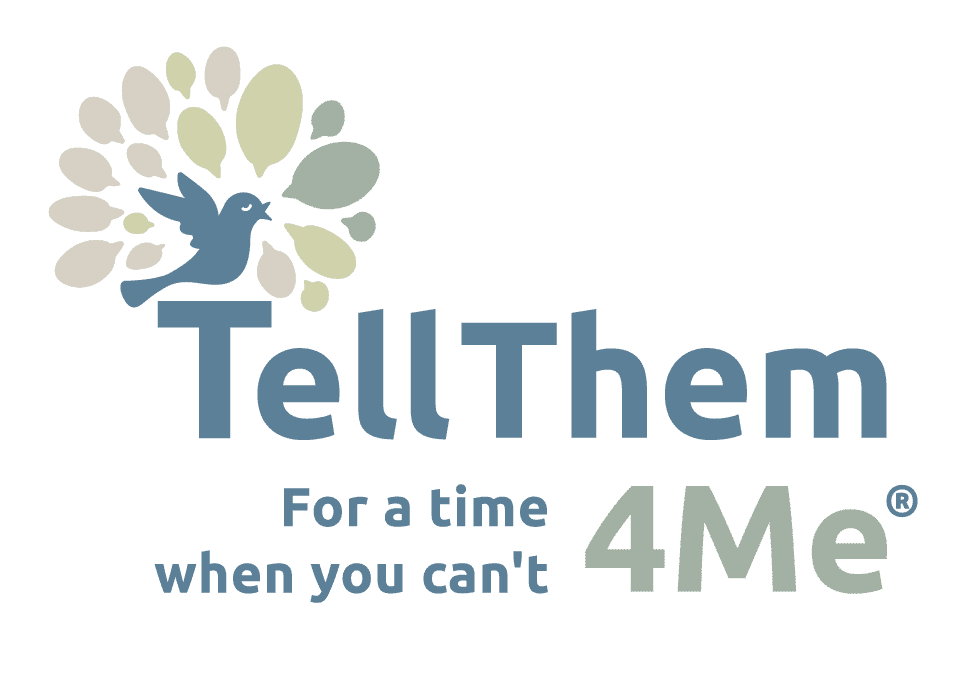![]() For many people organ donation is a touchy subject for a variety of reasons. Some people consider removal of their organs leaves them empty vessels whilst others have no connection to their organs at all. It is a personal choice and a very personal decision.
For many people organ donation is a touchy subject for a variety of reasons. Some people consider removal of their organs leaves them empty vessels whilst others have no connection to their organs at all. It is a personal choice and a very personal decision.
What is organ donation?
Organ and tissue donation is often a lifesaving and life transforming procedure. Organ and tissue donation refers to the surgical removal of organs or tissues from a donor who has passed away and transplanting them into a recipient who is seriously ill or dying.
People can also donate organs whilst they are still alive, these donors are called living donors. Most often living donors will donate a kidney, or part of their liver or a bone and often recipients are close relatives.
Statistics
According to Donatelife as of June 2021, there are currently 1650 people on the waitlist for an organ transplant in Australia. In Australia in 2020:
There were:
- 1270 transplant recipients
- 182 living organ transplant recipients
- 2277 corneal transplants
- 442 deceased tissue donations
Source: https://www.donatelife.gov.au/about-us/strategy-and-performance/our-data/2020.
Why is it important to tell my loved ones about my wishes for organ or tissue donation?
The decision to become a donor is a very personal one. If you are considering becoming a donor then it is a decision that only you can make and one which you may wish to research so that you can make an informed decision.
For medical professionals, the conversations around organ donation will most likely occur at a time when your loved ones are already trying to come to terms with the fact that you are going to die. It is a highly charged emotional time and if your loved ones know what you would have wanted, the decision-making process is made much easier.
For example. In 2020 In Australia, 89% of families agreed for a donation to proceed as they were aware of the wishes of their loved one and their loved one and registered them with Australian Organ Donor Register (AODR) and 66% of families agreed to donations when a conversation with loved ones had taken place.
The key is to tell your loved ones your wishes so that they also have time to do some research, understand what it means, talk more with you about it and draw their own conclusions.
Why do people need organs and tissues to be donated?
Any age group may need a new organ. People suitable for organ donation are those who are seriously ill or dying and their own organ is not working well enough to keep them alive without a transplant. There are also thousands of people undergoing kidney dialysis who would also be suitable for a transplant.
Some people require tissue donation, and this can occur where they have been badly burned (requiring skin grafting), where they have lost eyesight (corneal transplant) and some people may require new bone (after surgery)
Not everyone is suitable to receive a transplant and not all organ donors are suitable to donate their organs either.
Are there different types of donations?
Yes, there are two main types. Organ and tissue donation.
What organs and tissues can I donate?
Organ donation – Deceased organ donors can donate their kidneys liver, lungs, heart, pancreas, and intestines. Some people have also donated their hands, arms, and faces. Living donors can donate a kidney, a lung and a portion of their liver, pancreas, or intestine.
Tissue donation – Tissues such as the cornea, skin, middle ear, bone, veins, heart valves, cartilage, ligaments, and tendons can also be donated. These can all be used for a variety of reasons.
Who can become a donor?
Almost every person can become an organ and / or tissue donor. A number of factors affect a person’s suitability to donate (such as their health condition and circumstances surrounding the persons death) but this is not a barrier to becoming a donor.
If I wish to become an organ donor and register can my family overturn my decision?
What are the chances my organs will be used?
Donors can save up to 8 lives and make a difference to the lives of many more. The reality is that less than 2% of people who die in hospital are suitable donors.
I wish to donate something whilst I am alive so that I can help others. What can I do?
Did you know?
- I in 3 people will require a blood donation at some stage in their lives.
- One third of blood donations are used to help people with cancer and donated blood can be used to in the treatment of
- Donated blood can be made in to 22 different medical treatments but sadly, stocks are always running low.
There are 3 types of blood donation
- Blood this is collected straight from the donor and can be split into red cells, plasma and platelets
- Plasma – this is the liquid that carries your red cells, white cells and platelets and makes up 55% of your blood
- Platelets – these help with clotting and reducing bleeding
Your blood type (Group A, B, AB and O) will help the donation centre decide which type of donation is best for you especially given the current stock levels on any given day. There are rules around which type of blood can be given to which type of recipient.

